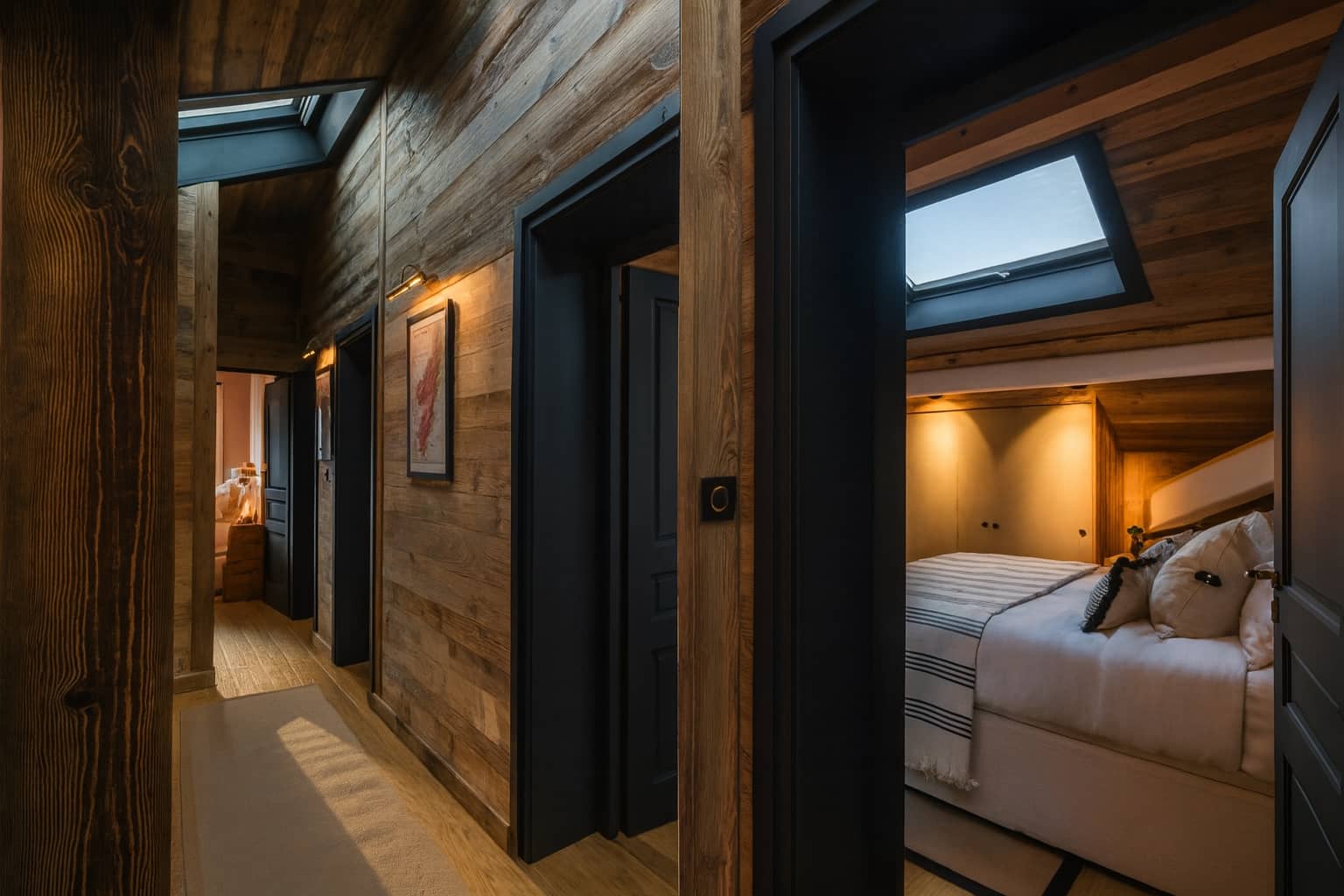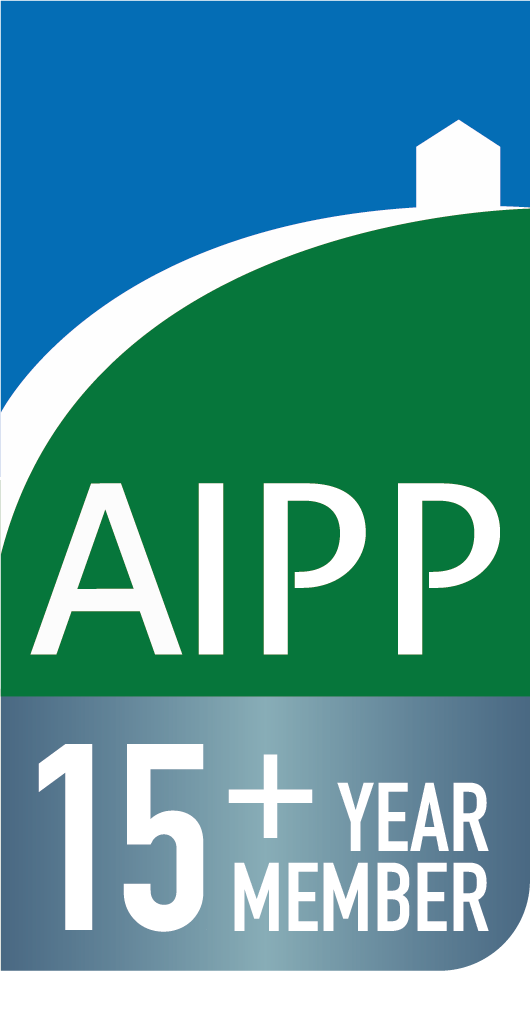My property is owned by an SCI company and I don't rent the property what are my tax obligations?
If you are not personally the owner of the French property but instead the property is owned by an SCI (Société Civile Immobilière) and the property is not rented out, here’s what you need to know about your tax obligations:
No Personal Fiscal Number Required
Since you are not the legal owner of the property (the SCI is), you do not need to apply for the 13-digit French fiscal number described in the previous article. The SCI itself is the legal entity that holds the property, not you personally.
SCI Tax Obligations Instead
Even though you don’t personally own the property and it’s not rented out, the SCI still has specific French tax obligations:
Annual Tax Return Filing
The SCI must file an annual tax return with the French tax authorities regardless of whether the property generates any income. This obligation exists even when the property is not rented and generates no income.
No Income to Declare
Since the property is not rented out and is reserved for the exclusive use of the SCI partners, there is no rental income to declare and therefore no tax to pay. However, the filing obligation remains.
Property Declaration Requirements
The SCI must also comply with the annual property declaration requirements that apply to all property owners in France. This includes reporting the occupancy status of the property through the professional space on impots.gouv.fr using the SCI’s SIREN number.

Your Position as SCI Partner
As a partner (shareholder) in the SCI:
You have no direct tax obligations to the French tax authorities for this property since you don’t personally own it
The SCI operates under “fiscal transparency,” meaning any income or gains would flow through to partners, but since there’s no rental activity, there’s nothing to flow through
You are not liable for French property taxes as an individual – these are the SCI’s responsibility
Key Timing Requirements
The SCI must meet these annual deadlines:
Income tax return: No later than the 2nd working day following May 1st
Property declaration: Generally due by June 30th each year
Important Considerations
The SCI structure means you avoid the individual fiscal number process, but the company itself must maintain proper French tax compliance
If you ever decide to rent out the property in the future, the SCI will need to declare rental income, and your share would flow through to your personal tax situation
Non-compliance penalties apply to SCIs that fail to meet their filing obligations, even when no income is generated
In summary, while you personally don’t need the French fiscal number since you’re not the owner, ensure the SCI fulfills its annual tax filing and property declaration requirements to maintain compliance with French tax law.
Mandatory SCI Obligations (Even for Unused Property)
Regardless of how you use (or don’t use) the property, your SCI must still meet these non-negotiable requirements:
Annual Tax Filings
File Form 2072 by the 2nd working day following May 1st each year
Report zero income since there’s no rental activity
No tax liability but filing is still mandatory
Property Declaration
Complete annual property declaration by June 30th each year
Report the property as “vacant/unoccupied” in the professional tax space
Use the SCI’s SIRET number to access impots.gouv.fr
Administrative Maintenance
Maintain proper SCI corporate structure
Keep basic accounting records (even if minimal)
Penalties apply for non-compliance regardless of property use
1. Hold for Capital Appreciation
Pros:
No ongoing tax liability while the property appreciates
Potential for significant capital gains over time
No rental management hassles
Considerations:
Ongoing property costs (insurance, maintenance, local taxes)
Property may deteriorate without regular use or maintenance
Market risk – property values can decline
2. Consider Future Rental
Even if you don’t want to rent now, keep this option open:
Maintain the property in a rentable condition
No immediate tax changes – remain tax transparent
Can activate rental income when market conditions improve
3. Family Use Arrangement
Allow SCI partners or family members to use occasionally:
No tax implications for occasional family use
Keeps the property maintained and occupied
Still considered “personal use” rather than rental
4. Sale Consideration
If you truly have no use for the property:
Capital gains tax may apply depending on ownership duration and use
Consider partial sales of SCI shares rather than the entire property
Evaluate current market conditions
Tax Efficiency
Zero income tax liability when generating no income
Maintains tax transparency benefits
No corporate tax obligations
Flexibility
Easy to change strategy later (rental, sale, personal use)
Can add or remove partners through share transfers
Maintains asset protection benefits
Administrative Simplicity
Same compliance requirements whether used or unused
No additional complications from the vacancy
Cost Considerations
Ongoing Expenses You’ll Still Have:
Property insurance (mandatory)
Local property taxes (taxe foncière)
Basic maintenance to prevent deterioration
SCI administrative costs (minimal for unused property)
Potential Savings:
No rental income tax
No rental management costs
No tenant-related expenses
Important Timing Considerations
Annual Deadlines Remain Critical:
May 1st (2nd working day after) – Form 2072 filing
June 30th – Property declaration
Missing deadlines incurs penalties regardless of property use
Recommendation
Holding unused property in an SCI is actually quite tax-efficient since you have:
No income to declare or tax to pay
Minimal additional compliance burden
Maximum future flexibility
The main decision is whether the ongoing property costs justify holding an unused asset, but from a tax perspective, there’s no penalty for keeping unused property in the SCI structure.
Consider this a “wait and see” strategy that keeps all options open while minimising tax obligations – you can always change course later based on market conditions or personal circumstances.
Ready to Buy your ski Home?
Get in touch with our French Alps team to secure your ideal ski property.

Domosno — member of the
Association of International Property Professionals
since 2010


